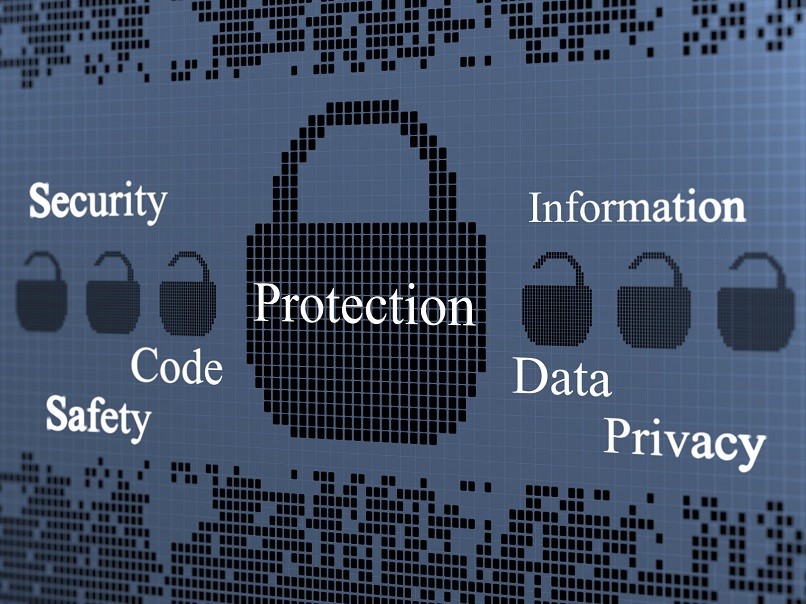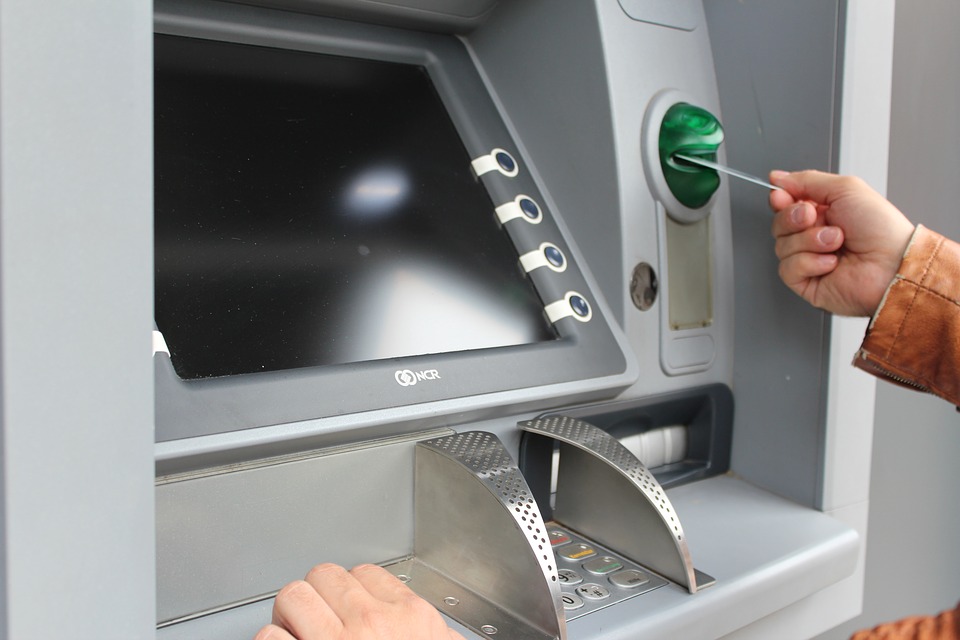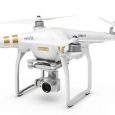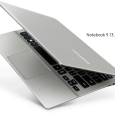While we are traveling or changing places, we don’t have enough time to pay attention to our security, which may play us a bad role if someone wants to do something bad with the information you share on the internet or via unknown Wi-Fi spots.

There are certain things that you can do for optimal protection, so in the following few paragraphs we’ll discuss the 5 best advice that you can take into consideration. From now on you’ll think twice before doing anything related to connectivity/pairing when you are in places that you know little about.Wherever you’re going you’ll still want to be secure when you go online, use mobile devices and buy stuff with credit cards, without anyone interfering with your personal data and information.
Turn off all geo-tagging and geolocation features
Apps such as Facebook, Twitter, and Instagram use geotagging, which is where the app asks your phone for your location and includes it in your post. Even if you have GPS turned off, your phone can still work out where you are by keeping track of all the Wi-Fi access points it can see around you. Most access points stay in one spot for years at a time, so once Facebook (or Google, or Apple, or any other service provider) knows where they are, they act as a sort of location beacon for anyone who’s nearby. So, before you post, think about whether everyone needs to know that you’re away from home.

If you can, try turning location services off altogether on your phone, so that apps can’t access your current location at all. The next step is to turn off your Wi-Fi connection and Bluetooth too, as these can give away your location as well. But the only way to really avoid be tracked by your phone is to turn your phone off altogether, or at least turn on Airplane Mode, which stops the device from transmitting, including to cellular networks, making it “travel safe” for a plane.
Pay attention when using public computers and ATMs
Public computers, like those at internet cafes or business centers at hotels, could be easily infected with malware, which might spy on you as soon as you go online. One such type of malware, called “keylogger”, can record everything you type on a keyboard – very useful for stealing things like passwords to your email or the login for your online bank account.

Spies and hackers can and do attach spy hardware to public computers – this has happened at hotels in Texas and public libraries in England – to steal private information from innocent victims.Crooks can also attach a card reader to an ATM or a sales register to skim the account numbers off your credit card. Sometimes it pays to be more conservative than usual, especially when you’re traveling in unfamiliar territory.
Lock devices when not in use
Around 100 smartphones are lost or stolen in the US every minute. About 12,000 laptops are lost in US airports every week. In Chicago alone, people lose 120,000 phones in cabs every year. Most of those people never see their devices again and information that was not intended for the public may easily leak. It could happen to you too – so make sure you lock your devices to keep all your contacts and content private. Set your devices to auto-lock after the shortest delay you can live with: try two minutes, for example. Pick the longest and most complex unlock passcode or password you can manage. On your phone, don’t go for a four-digit PIN just because that’s what everyone else is doing. Going from four to eight digits means that typing in your PIN takes twice as long, but it also takes a whopping 10,000 times longer for a crook to guess it.
Don’t trust public Wi-Fi spots
Airports and hotels all offer public Wi-Fi, but not all of them are doing security right. Security bugs are common in Wi-Fi routers, even some commercial-grade brands that are widely used in the hospitality industry. Anyway, when you connect to that legitimate-looking hotspot, how can you be sure it really belongs to the hotel, or the conference venue? Someone could hack the hotel Wi-Fi, or set up a trap by using a fake network name that you might innocently connect to, and then use it to snoop on, and even manipulate, your network traffic. It’s better to use your cellphone network to connect instead of Wi-Fi.

In many countries, it’s easy enough to buy a prepaid SIM card when you arrive, and use pay-as-you-go data as you need it. That way, you can avoid untrusted Wi-Fi networks without being stung by roaming charges when you travel abroad. And try using a VPN (Virtual Private Network) – a lot of businesses support this for creating a secure internet connection from wherever you are back into your office network. Once you’ve connected to the VPN, everything you do online happens just as though you were back at the office. A crook who’s on the same Wi-Fi network as you, or who’s in control of the rogue access point you just connected to, can tell you’ve connected to the VPN, but nothing further.
Build different protection walls
Instead of ignoring prompts to update your laptops and devices (as plenty of people do), turn on auto-updating for your computers, software and devices. If you don’t keep your devices up to date, you’ll be unprotected even against attacks that exploit already-known security holes, so you’re turning yourself into an easy victim. For added protection, use an anti-virus on your PCs and Macs, and think about using anti-virus on your smartphones and tablets, too. Fortify your accounts wherever possible, by using two-factor authentication – which adds another layer to the login process, such as entering a one-time code sent to your phone. A lot of websites and apps like Gmail and Facebook offer two-factor authentication, so even if someone steals your password they need to go through another step before accessing your account.




